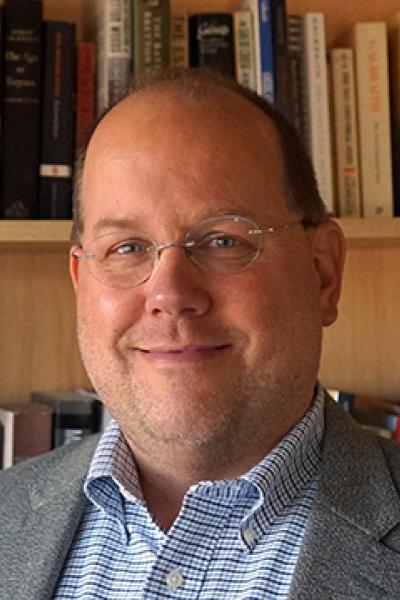
Prof Wesley Widmaier Jr
Wesley Widmaier is a Professor in the Department of International Relations.
Widmaier is a past Australian Research Council Future Fellow, Section Chair of the International Political Economy section of the International Studies Association and past lead editor of the journal Review of International Political Economy.
Research Interest
His research addresses the interplay of wars, crises, and change – and the ways in which stability can cause instability, a concern that spans International Political Economy and International Security debates.
From the International Political Economy side, Widmaier’s work addresses the historical development of economic ideas, institutions, and interests, as the ‘lessons’ of past crises can be over-learned in ways that contribute to future crises. He has engaged these concerns across publications in leading journals spanning Review of International Political Economy, New Political Economy, International Studies Quarterly, Millennium, and Review of International Studies. Most recently, he has published a book-length study concerning these issues, Economic Ideas in Political Time: The Rise and Fall of Economic Orders from the Progressive Era to the Global Financial Crisis (Cambridge University Press, 2016).
Extending these themes, Widmaier’s current research aims to highlight the interplay of ideas, crises, and change at the global level, across the development of the nineteenth-century gold standard, through the mid-twentieth-century Bretton Woods framework, and on to the contemporary era of central banking dominance. To the extent that cycles of stability, crisis, and change have often been driven by policy and market overconfidence, Widmaier’s work further highlights an important, paradoxical source of popular discontentment, suggesting that where intellectual stability obscures the seeds of economic instability, this can reinforce tendencies to populist backlash.
From the International Security side, Widmaier’s work similarly addresses the ways in which wars are constructed as having ‘lessons’ that acquire ‘lives of their own’ in ways that obscure sources of renewed instability and crisis. He has developed these insights across articles published in such leading outlets as the European Journal of International Relations, International Studies Quarterly, and International Relations – and in book-length form in Presidential Rhetoric from Wilson to Obama: Constructing Crises, Fast and Slow (Routledge, 2015).
In relation to these themes, Widmaier’s ongoing research seeks to identify sources of stability, instability, and crisis in Australian foreign policy, as misplaced certainty regarding the support of ‘great and powerful friends’ may have contributed to policy debacles from the collapse of Singapore, through the Vietnam War, and into the ‘war on terror’.